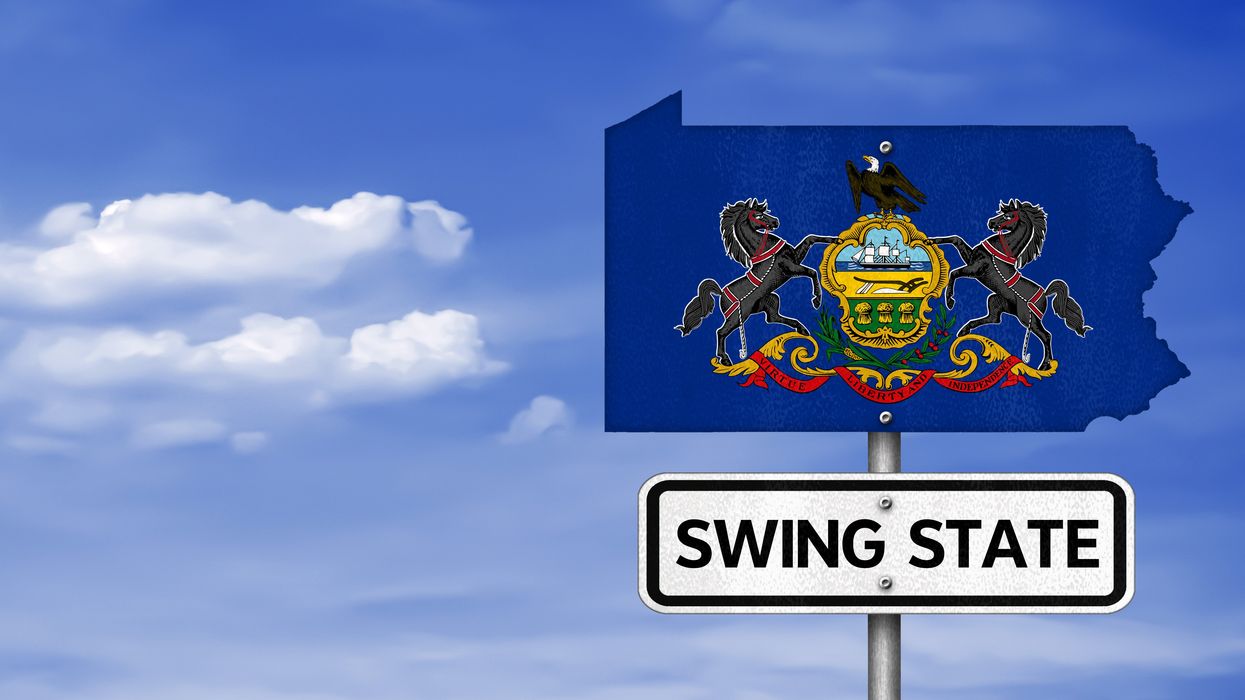A new set of complementary tools designed to support accurate reporting of contested elections will be unveiled by the Election Reformers Network and other election law experts on Wednesday.
The Election Overtime project will provide journalists covering Pennsylvania’s 2024 general election with media briefings by election specialists; guides for reporting on election transparency, verification processes and judicial procedures; and an extensive speakers bureau. The briefing is designed for journalists but is open to the public. Register now.
The Pennsylvania press briefing, taking place at 2:30 pm Eastern, is the second in a series of events in seven key swing states running through mid October. The first event, held Sept. 30, covered Arizona. The schedule of future events and links to videos of prior events can be accessed here.
Election Overtime is an initiative of the Election Reformers Network developed in partnership with the Bridge Alliance, which publishes The Fulcrum. The Fulcrum has launched a parallel Election Overtime series with news and commentary on key issues addressed by the Overtime project, as well as updates on project events.
Materials for the Election Overtime program have been produced with the generous support of The Carter Center, the Gerald R. Ford Presidential Foundation and the Bridge Alliance. The contents are the responsibility of the ERN and do not necessarily reflect the views of its funders.
Participants in the Pennsylvania event include:
- John Jones, president of Dickinson College and former judge of the U.S. District Court for the Middle District of Pennsylvania
- Kathy Boockvar, former secretary of state of Pennsylvania
- Jennifer Morrell, executive director, Elections Group
- Emma Shoucair, attorney, RepresentUs
- Kevin Johnson, executive director, Election Reformers Network
- Heather Balas, vice president, Election Reformers Network






















Trump & Hegseth gave Mark Kelly a huge 2028 gift